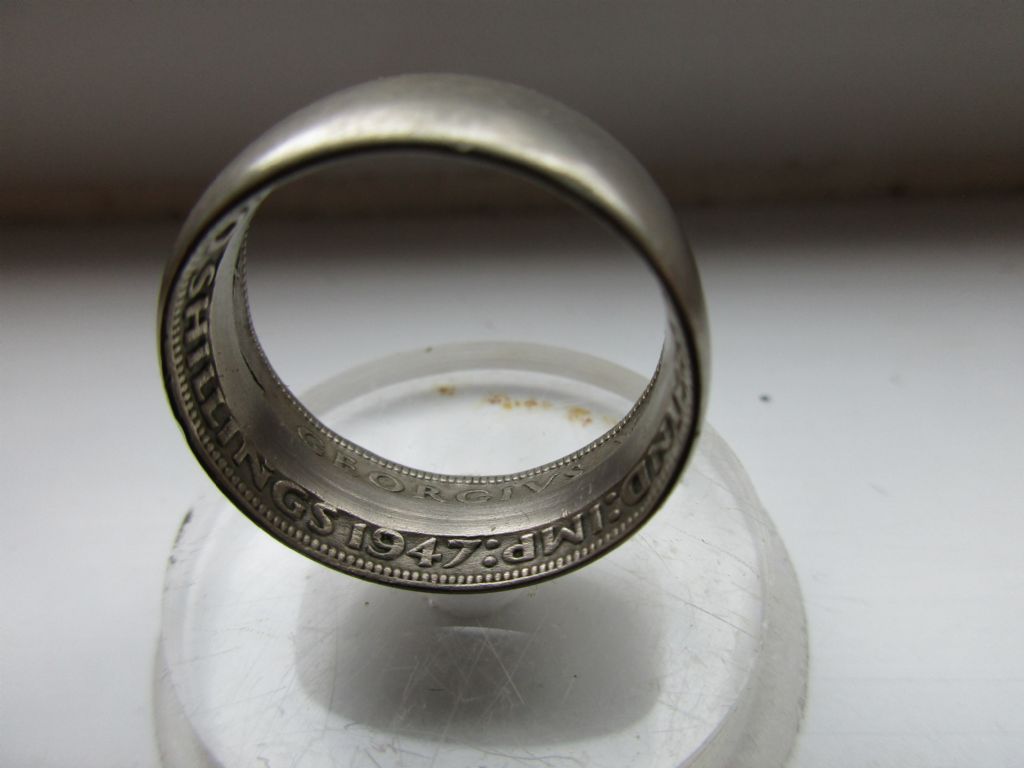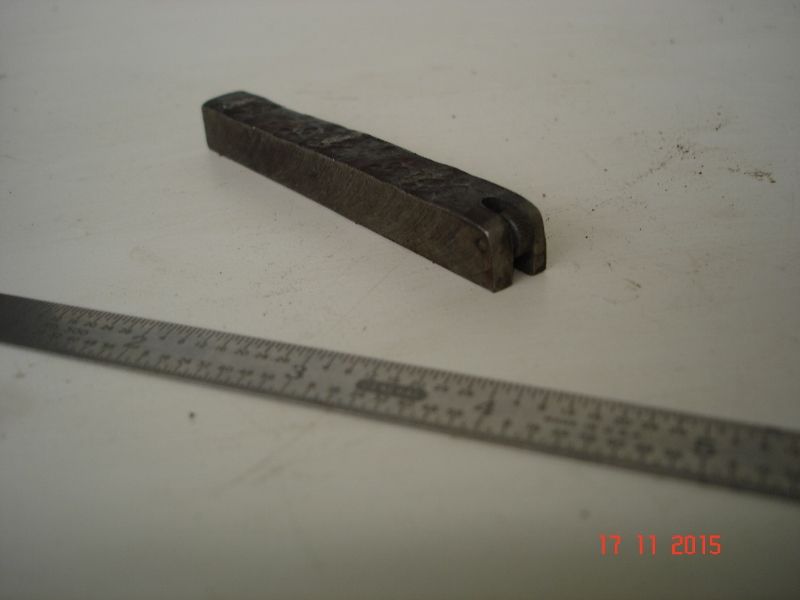In most countries, legal tender isn't owned by the whomever happens to be holding it at the moment. In the UK, money belongs to the Crown, and Subjects are lent it to use as a medium of exchange. When coins had actual monetary value being made of Gold, Silver, Bronze, etc. it was common for the actual value of the metal to exceed its notional value. Therefore it was possible to profit by melting down coins whenever metal values were high. Doing this is very bad for the economy because everyone's ability to exchange goods reduces as the coinage disappears and because prices rise unecessarily because there's a shortage of coins. It's doubly bad if the metal is sent abroad. This is where the severe punishments come from, echoed today by the penalties for counterfeiting paper money.
Another potential offence is that defacing coinage is a way citizens in the past have shown distaste for their leaders. As Leaders tend to have delicate egos, it's often illegal to deface their images, even if they've been dead a century or two. Be careful abroad. Some countries will react if a tourist draws a moustache on a banknote!
In theory punishments for messing with coinage are severe, once including death sentences, transportation, and long prison sentences. But since about 1925 coins aren't normally made of metal having any real value. They really are just tokens. Melting down tons of current coins for their scrap value might get one into big trouble, but in practice no-one really cares. This is doubly true of coins that are no longer legal-tender. Unlikely anyone will mind if a few old coins are turned into something else.
But beware of modifying old coins without checking. A friend of mine found a Young Victoria Gold Sovereign in his back garden and drilled a hole in it to make a necklace for his daughter. Out of curiosity he showed it to a local Coin Dealer, who said without the hole it was a rare collectable in Extra Fine condition worth about £1500, probably considerably more at auction. With his hole, scrap value only…
Dave
 Steviegtr.
Steviegtr.

















